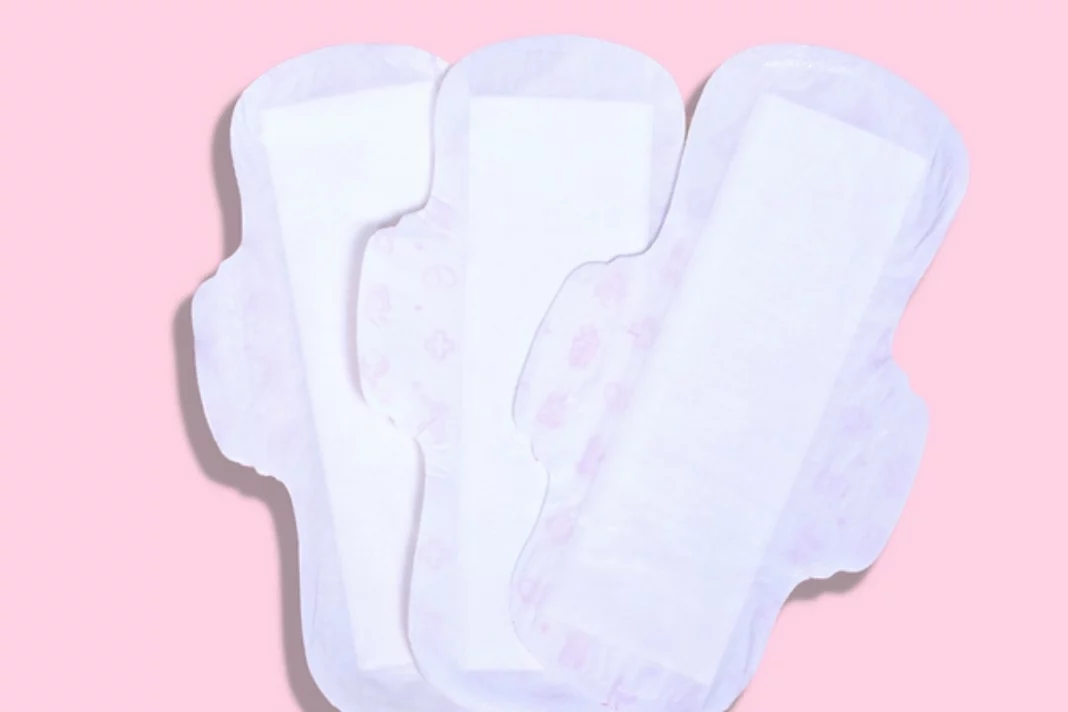Sanitary pads harmful chemicals: During periods, 9 out of 10 girls use sanitary pads. The use of sanitary pads reduces the chances of serious diseases in the genitals during periods. But now a new study related to sanitary pads have revealed some shocking details. According to this study, the use of sanitary pads can increase the risk of cancer. Along with this, these pads can also cause infertility in women.
Sanitary pads can cause Cancer
High amounts of chemicals linked with heart disorders, diabetes and cancer, have been found in popular sanitary napkins sold in India, as per a study done by a Delhi-based environmental NGO.
Six inorganic and four organic sanitary pads that were sold on the market made up the total ten samples used in the NGO Toxics Link study that discovered the presence of phthalates and volatile organic compounds. Menstrual Waste 2022 is a report that details the findings.
The risk of developing asthma, disabilities, certain cancers, and problems with the reproductive system rises with exposure to VOCs.
Presence of phthalates in Sanitary pads
The study discovered that the self-described “organic” sanitary napkins contained the highest levels of phthalates. The study found that all kinds of sanitary napkins, both organic and inorganic, tested positive for phthalates.
In a self-declared organic pad, a phthalate called DIDP had the highest concentration at 19,460 micrograms per kilogramme (g/kg).
According to the study, concentrations of a mixture of phthalates were found to be 0.0321 and 0.0224 gramme in organic and inorganic samples, respectively. These values are higher than the 0.1% by weight of the product required by EU regulations.
The study made some recommendations in that regard, highlighting the fact that menstruators should have access to safe menstrual products on the market and have a right to know what they are exposed to.
First and foremost, the study urges further research into the presence and potential effects of VOCs and phthalates in menstrual products on women who are menstruating. Second, standards for chemicals in sanitary products should be developed by the government and bodies responsible for setting standards.
Here’s what you can do
The study made some recommendations in that regard, highlighting the fact that menstruators should have access to safe menstrual products on the market and have a right to know what they are exposed to.
First and foremost, the study urges further research into the presence and potential effects of VOCs and phthalates in menstrual products on women who are menstruating. Second, standards for chemicals in sanitary products should be developed by the government and bodies responsible for setting standards.
Thirdly, product ingredient lists should be made public by manufacturers by law. Fourth, responsible advertising to ensure that manufacturers offer adequate warnings and pertinent information about the product.
The study also suggests policies and programmes to encourage the replacement or reduction of these chemicals in products.
Also read: Travellers without full name on Indian passports not allowed from flying to UAE
Keep watching our YouTube Channel ‘DNP INDIA’. Also, please subscribe and follow us on FACEBOOK, INSTAGRAM, and TWITTER.


